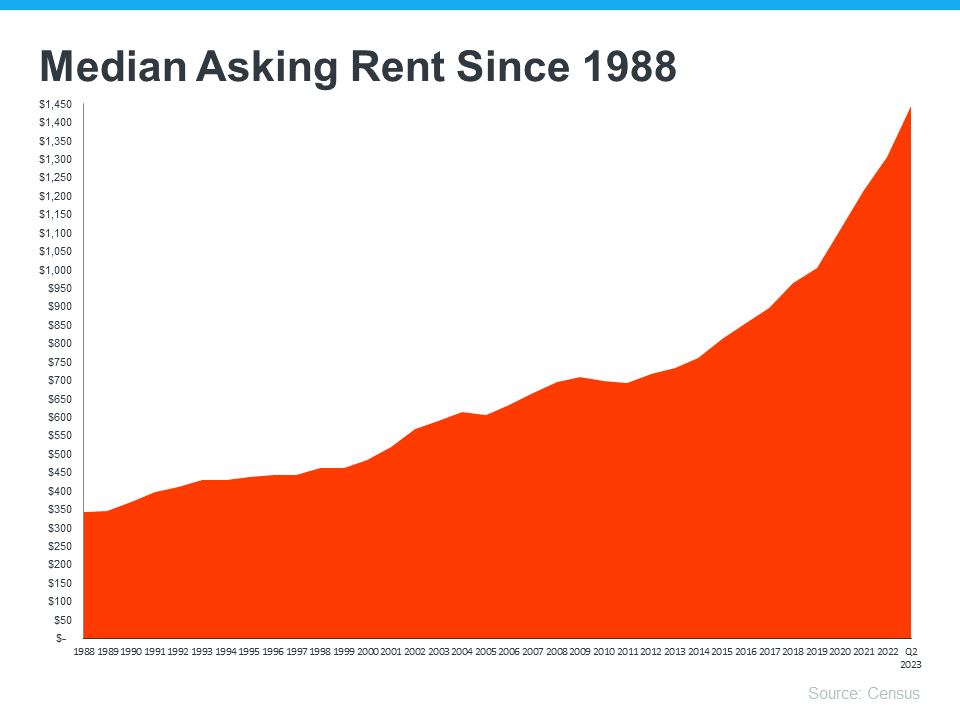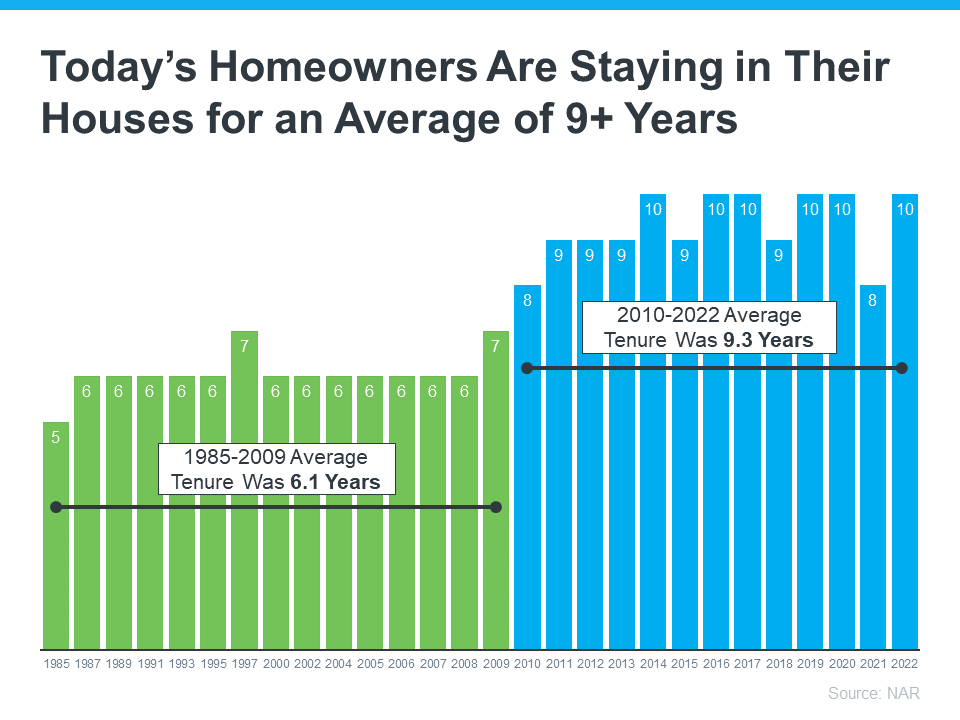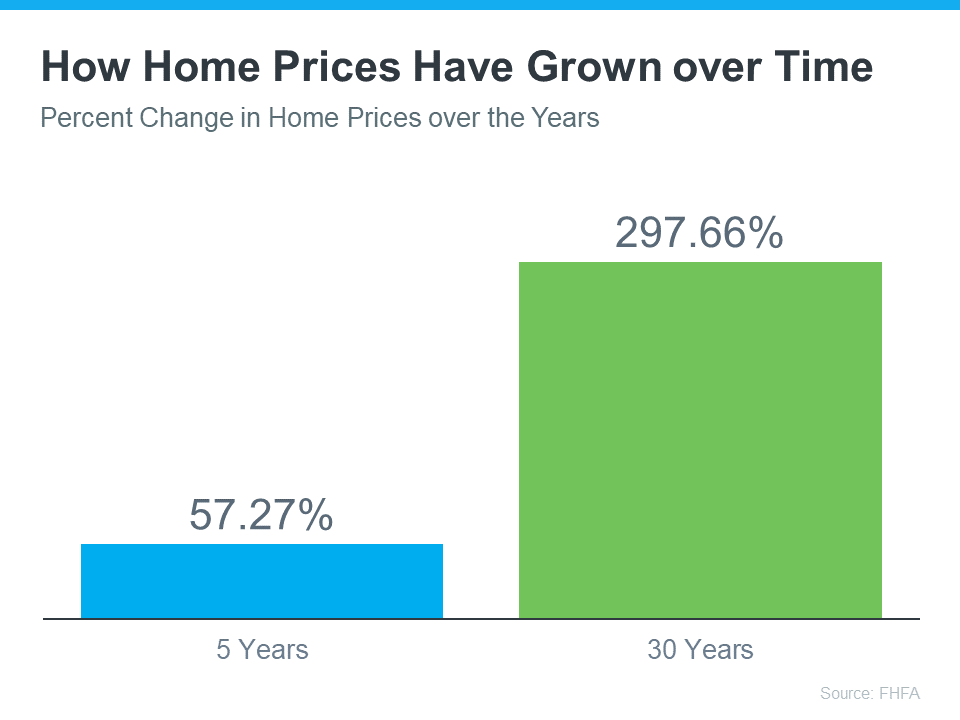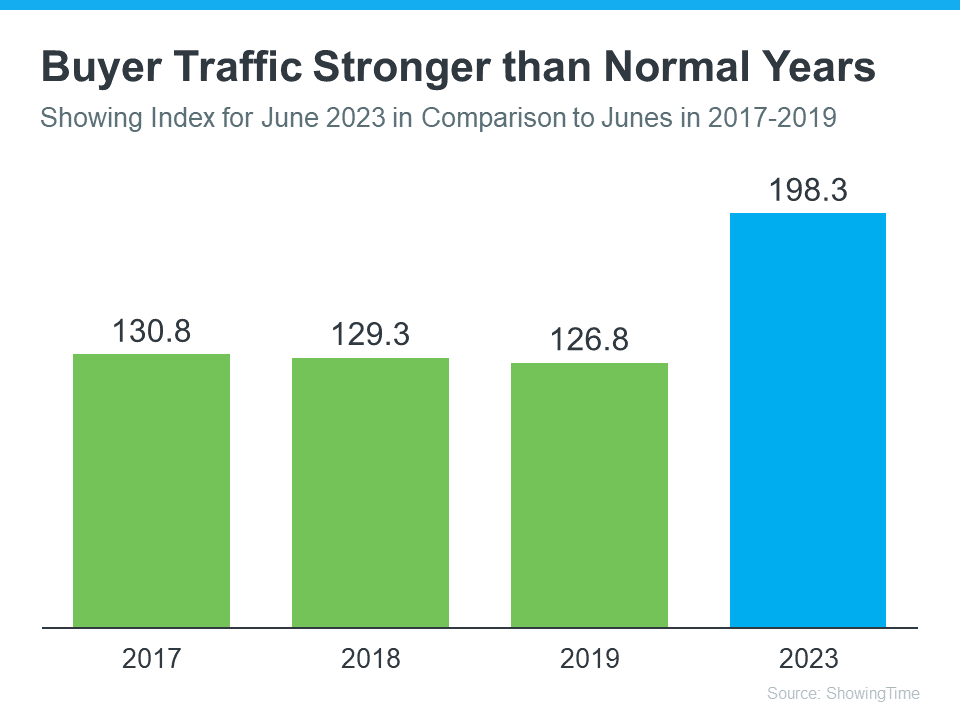The Many Non-Financial Benefits of Homeownership
Buying and owning your own home can have a big impact on your life. While there are financial reasons to become a homeowner, it’s essential to think about the non-financial benefits that make a home more than just a place to live.
Here are some of the top non-financial reasons to buy a home.
According to Fannie Mae, 94% of survey respondents say “Having Control Over What You Do with Your Living Space” is a top reason to own.
Your home is truly your own space. If you own a home, unless there are specific homeowner association requirements, you can decorate and change it the way you like. That means you can make small changes or even do big renovations to make your home perfect for you. Your home is uniquely yours and by buying, you give yourself the freedom to tailor it to your individual style. Investopedia explains:
“One often-cited benefit of homeownership is the knowledge that you own your little corner of the world. You can customize your house, remodel, paint, and decorate without the need to get permission from a landlord.”
When you rent, you might not be able to make your place really feel like it’s yours. And if you do make any modifications, you might have to change them back before you leave. But if you own your home, you can make it just the way you want it. That level of customization can give you a sense of pride in where you live and make you feel more connected to it.
Fannie Mae also finds 90% say “Having a Good Place for Your Family To Raise Your Children” tops their list of why it’s better to buy a home.
Another important factor to think about is what stage of life you’re in. U.S. News breaks it down:
“For those with young children, buying a home and putting down roots is a major driver. . . . You don’t want the upheaval of a massive rent increase or a non-renewed lease to impact your sense of stability.”
No matter which of life’s milestones you’re in, stability and predictability are important. That’s because the one constant in life is that things will change. And, as life changes around you, having a familiar home and not worrying about moving regularly helps you and those who matter most feel more secure and more comfortable.
Lastly, Fannie Mae says 82% list “Feeling Engaged in Your Community” as another key motivator to own.
Owning your home also helps you feel even more connected to your neighborhood. People who own homes usually live in them for an average of nine years, according to the National Association of Realtors (NAR). As that time passes, it’s natural to make friends and build strong ties in the community. As Gary Acosta, CEO and Co-Founder at the National Association of Hispanic Real Estate Professionals (NAHREP), points out:
“Homeowners also tend to be more active in their local communities . . .”
When you care deeply about the people you live near, you’ll do what you can to contribute to your local area.
Bottom Line
Owning your home can make your life better by giving you a sense of accomplishment, pride, stability, and connectedness. If you’re thinking about becoming a homeowner and want to learn more, reach out to a local real estate agent today.







